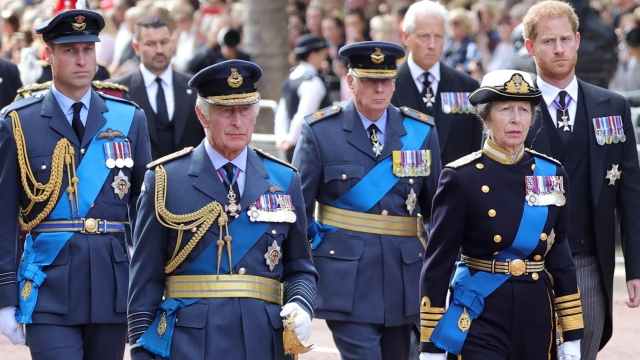
My thread of yestrdy on neoliberalism has had lots of engagement. So I thought I wd create a second one. My aim is to help us be able to SEE ths insidious, invisible ideology that we & our children all live in. We are like fish, swimming in water we can't make sense of. A THREAD.
2. If you missed yestrdy's thread, here it is. I tried to help us make sense of the current extreme proposals for economic growth. Why do they seem so disconnected from the needs of 'real people'? Answer: That decoupling is the aim of neoliberalism.
https://twitter.com/suzannezeedyk/status/1577309269539667968?s=20&t=0Ku0glyq589jp-YNfV0LBA
3. Many of you may have heard of t speaker named @simonsinek . If you follow @TIGERS_UK , they talk about Sinek's concept of t #GoldenCircle alot. It differentiates between the Why, the How & the What. They use his Circle to stay in conscious touch w/ their purpose, their values. 

4. Most people will know I talk constantly about creating a community/country/world based in relational wellbeing. That's my WHY. Attachment, trauma, stress regulation, kindness? They are my HOW. Understandng these helps create a world that's emotionally healthy. 

5. When relational wellbeing is t WHY (the point), then MONEY becomes a HOW. Economics/Money let you live a life where stress is eased, where basic needs are met, where life contains joy.
In Neoliberalism? Its #GoldenCircle looks different. Money is the WHY. Growth is the point.
In Neoliberalism? Its #GoldenCircle looks different. Money is the WHY. Growth is the point.
6. To again quote Peter Moss: "Neo-liberalism turns everything into a tradable commodity. It thoroughly revises what it means to be a human person. The ideal human being is an economic being, an informed consumer constantly calculating own best interests." journals.sagepub.com/doi/full/10.11…
7. We are all caught up in ths neoliberal dynamic now, to some degree. We live in a society where the language we swim in, the solutions we are offered are based in finance. Our society has made £ the WHY.
So when I say a trauma-informed approach is counter-cultural? I mean it.
So when I say a trauma-informed approach is counter-cultural? I mean it.
8. I am trying to articulate all ths because it doesn't have to be ths way. You can choose the #GoldenCircle for yr life, yr family, yr organisation. You can choose whether £ is a HOW or a WHY. And so can our governmnt. But first it helps to be able to see what is happening.
9. I am going to pause for a moment now, while I listen to the conference speech from our Prime Minister, championing an extreme neoliberal vision for the future of our country. Note the caption below: “Refusal to commit to benefits”. (Money to meet basic human needs) 

10. Okay, FOUR HRS LATER, the PM has made her speech. She demonstrated my point for me. She said very clearly, as in this caption below. “The 3 goals for her govt are: Growth, Growth & Growth.” When that’s your core purpose, that’s #Neoliberalism. 

11. My followers will be used to me talking abt childhood, rather than political ideologies. So let me remind us why I am discussing this - by quoting a review of this 2021 book: "Should be compulsory reading for all EY professionals, because neoliberalism works on all levels." 

12. We are going to be hearing alot about economic growth, about pieces of the pie, about expansion. That's why I am working to help more ppl understand, to be able to SEE the water we are all swimming in. We are not fish. We hv #FierceCuriosity as a lens through which to look.
13. If you wd like to hear @simonsinek talking abt t #GoldenCircle, here is his Ted Talk. He isn't talking abt political ideology, but his framing is v helpful nonetheless. Thank you to @paulinescott222 & @TIGERS_UK putting his ideas to work in Scotland. ted.com/talks/simon_si…
14. Remember that scene in @docresilience where Jack Shonkoff says: "We admire t self-made man.We believe (in USA) in pulling yrself up by yr bootstraps. Well, a baby can't pull thmself up on their own bootie straps. They need relationshps." #Neoliberalism
15/end. Trauma-informed approaches have relationships at their core. Attachment-led practices have relationships at their core. These concepts envision a particular kind of world. #Neoliberalism envisions a different one.
• • •
Missing some Tweet in this thread? You can try to
force a refresh














